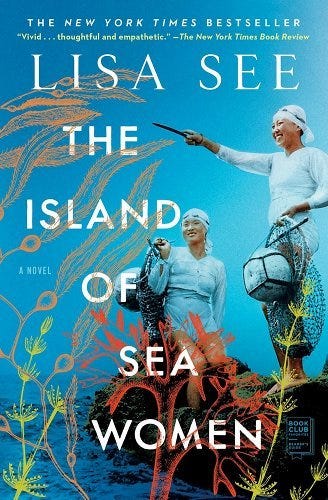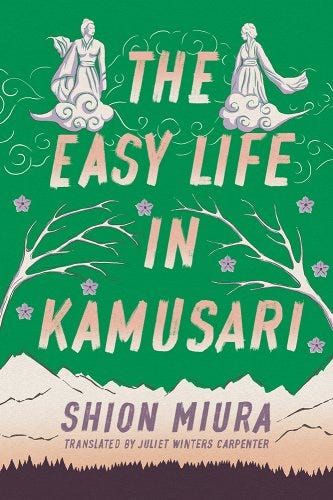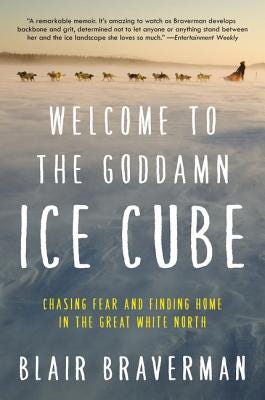I confess that way back in November 2020 when I first wrote about traveling fiction, I truly hoped that by now, more than a year later, we would be back to our traveling free-wheeling ways. But like every transition, it’s not the same as it was before - it’s different. More precious in its own way, more meaningful, and certainly more fraught.
But the great news, mes petites, is that we can use books to be exposed to entirely new settings, all without strapping on an N95 or dodging our aggressively phlegmy fellow wanderers. What unites all three of this week’s selections is their specificity of place, and how eye-opening, how new they seemed to me at least. In fact, that’s a common theme as well throughout these books - the juxtaposition of cultures, of what the protagonist “knows” versus what else is “out there.” One of the things that books do so very well. Plus there’s a memoir for my non-fiction fans.
I enjoyed all three of these reads - all very different - so I hope you will too!
(Also, do check out the selections from the November 2020 traveling fiction, some of my favorites. Week THREE, when this was just a newsletter embryo!)
Raise your hand if you told me to read The Island of Sea Women, because it was really powerful. A fictionalized tale about an all-female line of South Korean divers, this follows two women as their lives converge and diverge in class, wealth, love, and opportunity, against the backdrop of violence and modernity. It’s vividly, beautifully rendered - you really feel the cold of the water, the fear of the encroaching army.
I 1000% would never have found or picked up The Easy Life in Kamusari if not for a strong recommendation (thanks, Jane!) and what a wonderful and weird little jewel of a book! Now, if the description of “a young man is essentially conscripted into a rural Japanese forestry village community” doesn’t do it for you, think again! It’s a beautiful meditation on the immediacy and the timelessness of nature, the dynamics of a small community, and the thin veil between reality and mysticism - among other things! It’s warm-hearted and feels both rooted in now while also belonging to any decade. Plus, it seems deeply specific and accurate to trees, logging, forestry practices, tools, etc. and like any great teacher, Miura renders the obscure very vital.
So I first heard about champion dogsledder Blair Braverman on a Joe Rogan podcast. JUST KIDDING, have you MET ME? Of course it was on a Fresh Air interview, #TeamTerryGross. Braverman was charming and delightful, so I went to check out her memoir, Welcome to the Goddamn Ice Cube.
Truth be told, I was expecting a lot more dogs, and instead found a really honest and unusual coming-of-age story about Braverman’s pursuit of pushing outside her comfort zone in Norway and a glacier in Alaska. I didn’t know much about Norway (except that they’re Winter Olympics gladiators, I see you Norway!) or life in the Arctic and this was just a gorgeous, vulnerable, snowy, tender memoir of a young woman navigating her way through the actual tundra with an everpresent bubble of fear and resilience running through it. (Next time, Miss Blair, just add more puppies.)
A few last words:
Please do forgive my uncommon brevity of words this week, as it is a Very Busy Time for me, work-wise. Did you even notice? Are you like, “girl, no one keeps track of your word count!” Or maybe it’s a welcome break from my usual prolix ramblings.
Don't forget to check the archive for all your book recommendation needs.
All links go to bookshop.org, which supports independent bookstores. You can view my entire catalog of recommendations here (any money made via these referral links will be donated to Defy Ventures.)
If you don’t know why there are purple lambs all over this newsletter, this will help:
.










